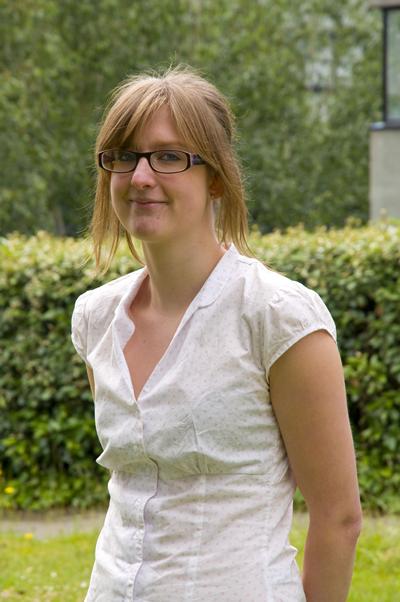Ms Philippa Waterhouse
Postgraduate Research Student

Ms Philippa Waterhouse is Postgraduate Research Student within Social Sciences: Social Statistics & Demography at the University of Southampton.
Qualifications
Bsc Population Sciences
Msc Demography
I joined the Faculty of Social, Human and Mathematical Sciences at the University of Southampton in 2007 as a Sociology undergraduate. During my first year I was awarded a scholarship for ranking among the top three in the division. However discovering a passion for statistics I transferred to Population Sciences BSc in 2008. During this time I developed a keen interest in demography world demography, especially fertility and reproductive health in sub-Saharan Africa. My undergraduate dissertation ‘Stalling fertility in Rwanda; a quantitative analysis of the possible reasons behind the statistics’ was awarded the division of Social Statistics and Demography undergraduate dissertation prize.
In order to further my analytical skills I continued my studies at the University of Southampton by reading an MSc in Demography which was funded by the Population Investigation Council. For my MSc Dissertation I applied a mixed-methodology to investigate access to primary education in poor urban communities in Ghana. Firstly, access to primary education by rural, urban slum and urban non-slum residence was explored using the 2008 Ghanaian Demographic and Health Survey. Qualitative fieldwork was subsequently conducted in Agbogbloshie and Ga Mashie, two slums in Accra, Ghana, to investigate barriers to access. This dissertation was part of the EDULINK Urban Health and Poverty Project.